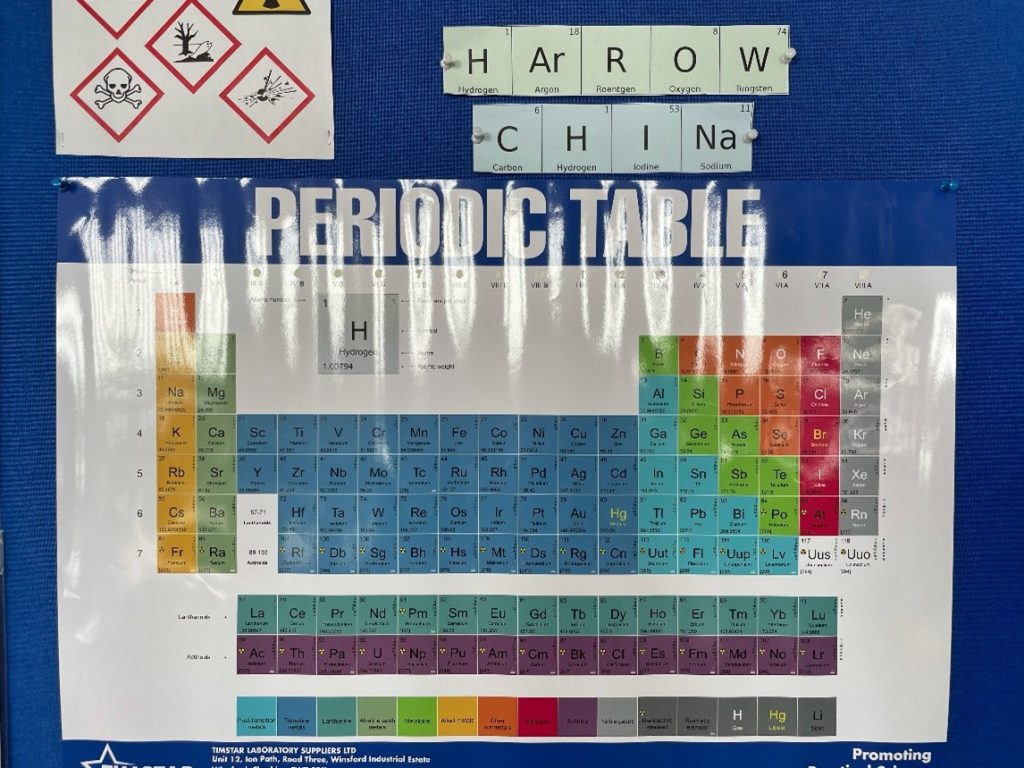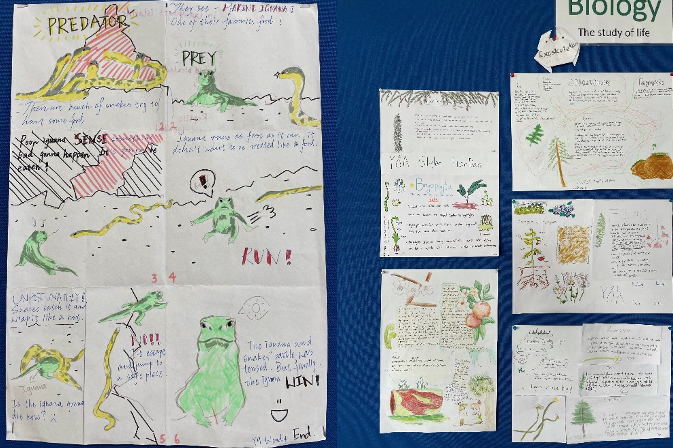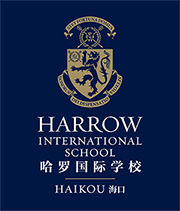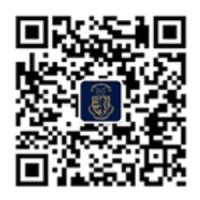
These four lines are prominently posted on the lab whiteboard at Harrow Haikou to remind our students every day.
Keep curious
Be innovative
Achieve common progress
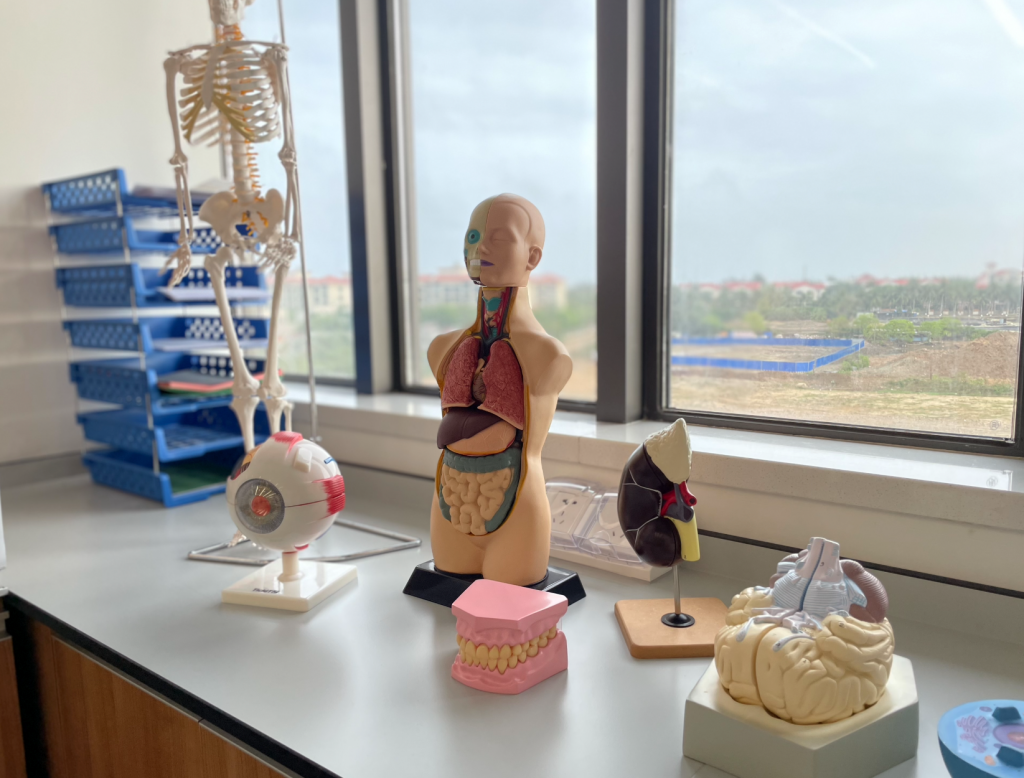

Dr Murray holds a Master of Science degree in Geneticsand a Doctoral degree in Biology from the University of Glasgow with a Postgraduate Certificate in Education (PGCE) from Liverpool Hope University with distinction. Prior to her career in education, she completed post-doctoral research position at the largest biomedical research centre in the Southern Hemisphere, The Translational Research Institute, Brisbane.
Blended Curriculum, Practical Skills
Science at Harrow Haikou follows the Chinese National Curriculum, but also incorporates elements of the Cambridge IGCSE curriculum. Scientific inquiry skill is always the core for teaching design. Since Year 6, each Science course will be taught in the laboratory. Whether listening to the oretical explanation or doing experiments, students will be immersedin absolute atmosphere of science from the beginning with each class divided into several fixed experimental group and 4-6 people each group. Students will be encouraged self-reflection and questioning through collaborative teamwork.
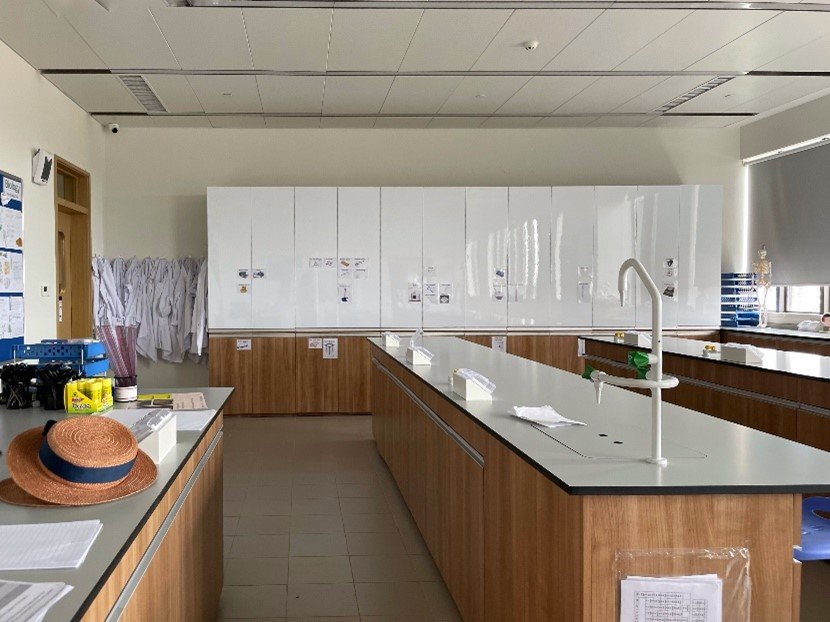
Different from the traditional way of teaching subjects separately, our science course integrates Biology, Chemistry and Physics, focusing on cultivating students’ comprehensive learning skills, making them fully realise the close connection between science and life, and consciously apply the knowledge they have learned into life so as to improve their practical and thinking ability.
Take this Saturday’s science class for example. The topicis ”Dissolving, Filtering and Crystallization – Making Salt from Rock Salt”
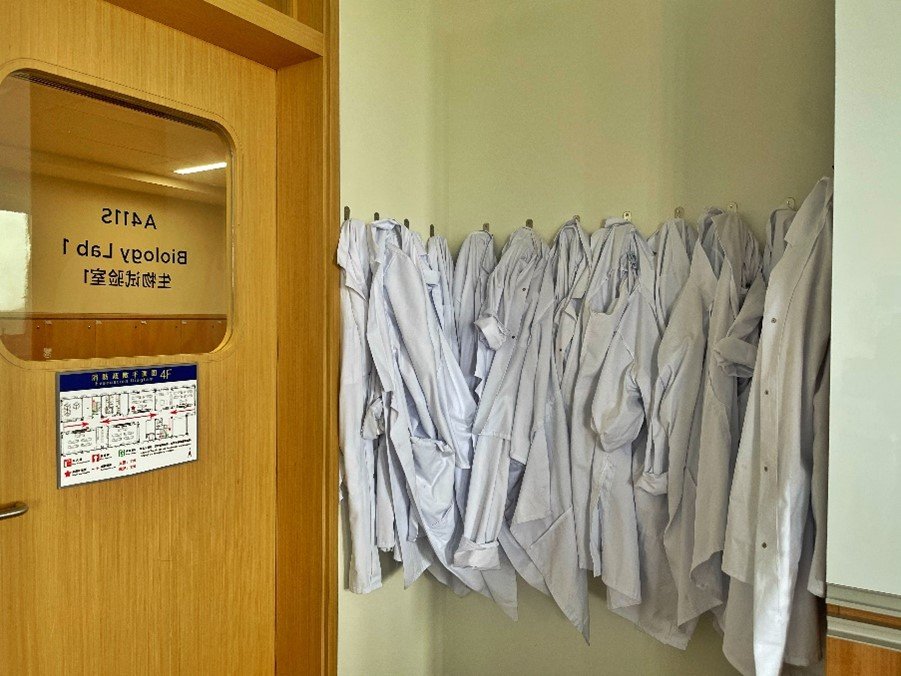
Before Class
Before the lesson we distribute reading materials in English, which are tailored to your child’s English and subject level. The reading materials are in lots of variety andare linked to some university foundation content to help students understand the curriculum more quickly. These reading materials not only form the basis of the science curriculum, but also form part of the school’s cross-curricular English learning.
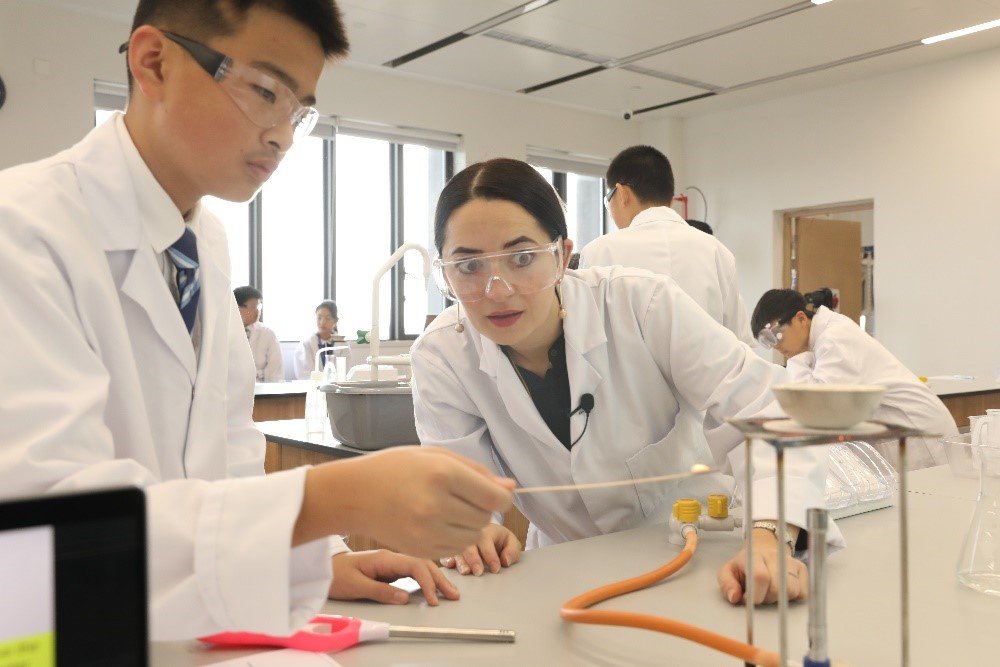
In Class
In the classroom, based on the Chinese National Curriculum, we will use videos, experiments, discussions,the latest industry reports, relevant extra-curricular materials and popularscience articles to create an innovative classroom approach to increasestudents’ interest in science.This will not only improve students’ hands-on skills, but also their ability to explore and research, laying the foundations for their future studies.

After Class
We encourage rethink, debate and discussion after each class. The homework assignments are designed to different levels of students, help them consolidate their knowledge, andinclude a pre-study guide for the next lesson, focusing on the academic pin points, both to check what they have learnt in the previous session and to familiarise them with new key words and concepts.
Immersive English Learning
At Harrow Haikou ‘s science classes, English is the language of instruction in the classroom. Parents may be concerned that their children, who are new to English language teaching, may not be able to adapt to the classroom as quickly as they would like. Don’t worry, Harrow has its plans!
The science teacher will explain the problem from a professional point of view, using visual aids such as experiments and videos to enhance children’s interest in learning and help the understand the meaning of words from their roots. This approach enhances the students’ knowledge and develops their comprehension in an English-speaking environment.
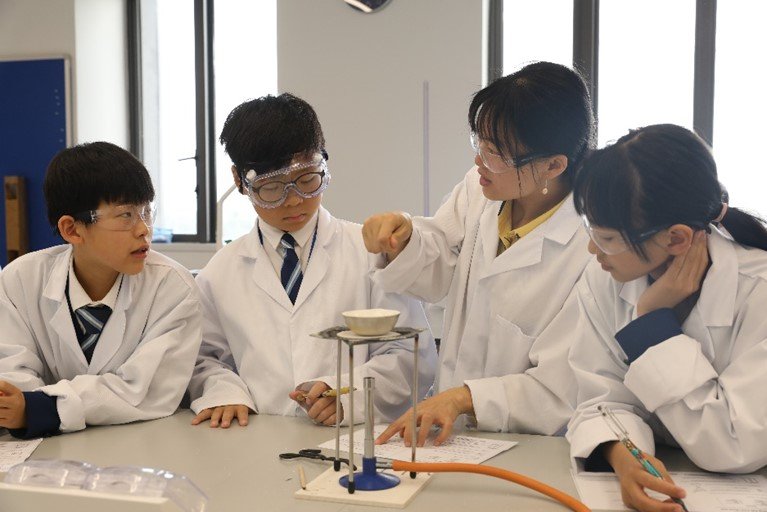
Smaller Class, Better Experience
At Harrow Haikou, we insist on small class sizes. With class sizes of up to 24 students, combined with our experiential English teaching methods, means that lessons are more tailored to individual student needs. Students will have more opportunities to discuss problems with their teachers on a one-to-one basis and gain knowledge through hands-on experimentation.
In addition, grouping can stimulate the students’ leadership traits, and the practice-oriented class model will promote to form as pontaneous group leader to assign various operational tasks for his or her team members.
The small class size also allows for differentiated teaching in Harrow’s classrooms. Harrow Haikou’s QTS certified teachers have a wealth of teaching experience and skills. They are able to use internationally recognised teaching methods such as classroom validation, experimental settings, and independent assessments to uncover differences in student understanding and learning progress, and design customised learning plans and programmes for students through matching students at the same level or individual tutoring, so that no students shall fall behind in their learning.
